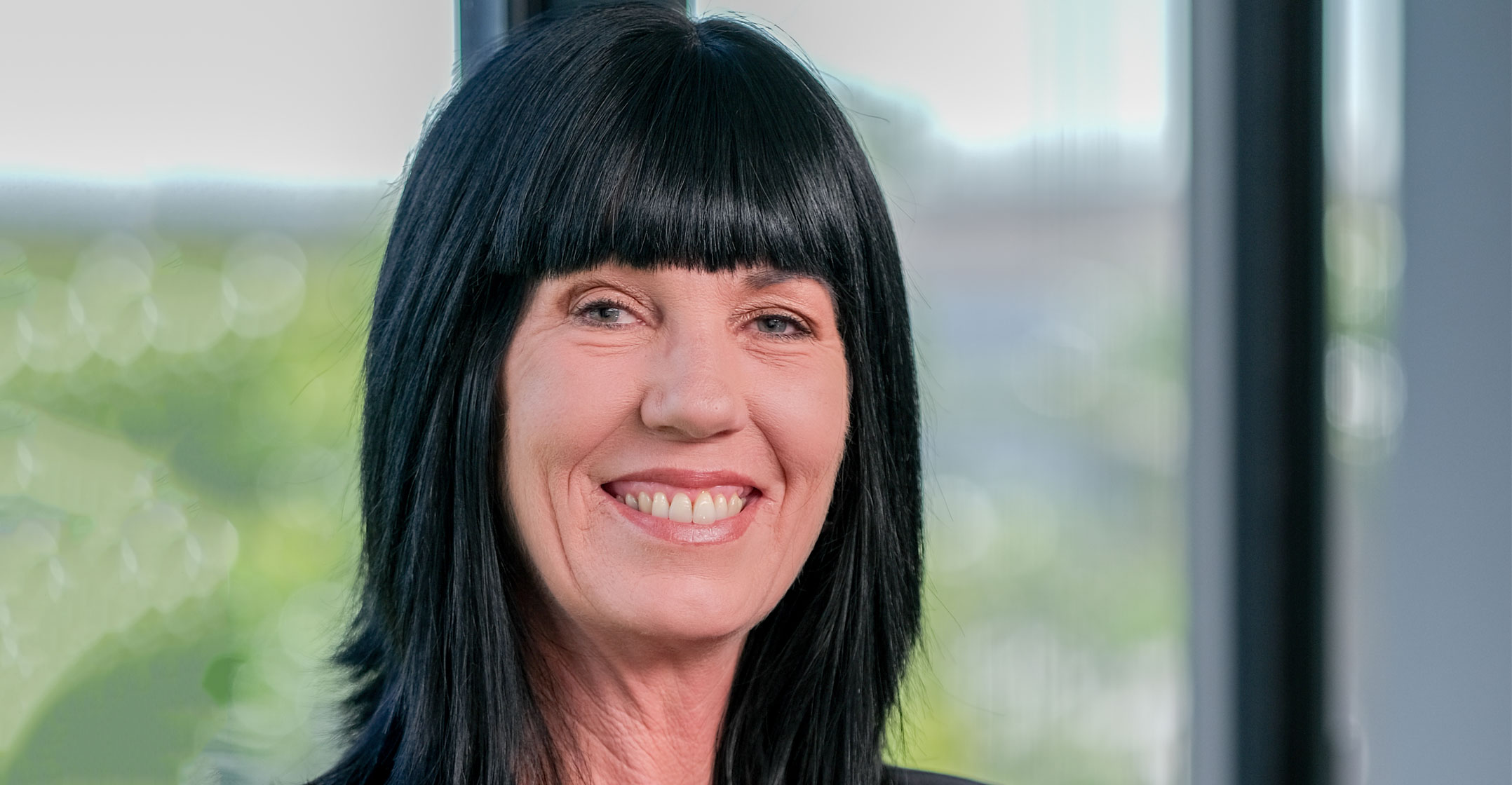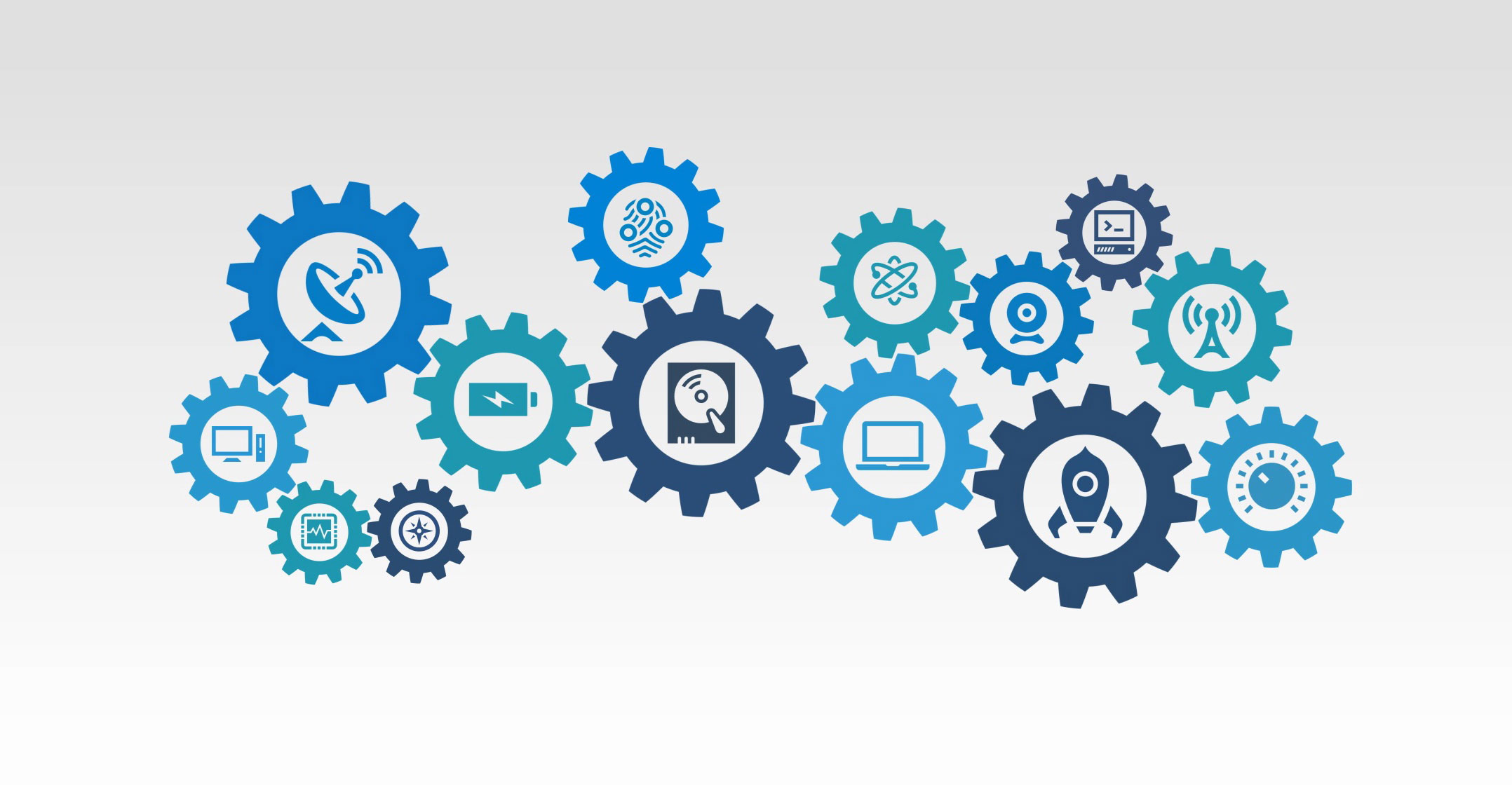
Digital transformation has been forced onto organisations. Previous reluctance to invest into the tools and technologies that harnessed the potential of cloud and the agility of digital has seen many companies upended and flailing in waters they don’t know how to navigate.
As the crisis slowly releases its grip on the nation, and the globe, it has become essential that organisations take the learnings of the past six months and use these to springboard into a more agile and flexible digital future.
According Donna Mostert, Huawei business unit manager at Mustek, while few organisations were ready for the pandemic tsunami, it is not too late to refocus on infrastructure and investment that will prepare the business going forward.
“Suddenly everyone was working remotely and the organisation had to figure out how they collaborated, shared information, monitored their working hours, managed security issues, and used enterprise servers and systems to access content,” she says. “Functional and operational issues have been significant and challenging. To ensure that there were systems in place that allowed for people to adapt to remote working and flexible hours, digital transformation was accelerated to the point where it has become the norm.”
However, despite potholes, glitches and complications, most organisations and employees began to embrace this way of working as the new normal. Employees recognised that, if they wanted to keep their jobs, they had to make it work for them. Organisations recognised that people were generally capable of learning and implementing new technologies to the benefit of the company and their own career growth. The burst of technology into landscapes previously sinking into the murky sands of tradition and legacy systems has reinvigorated many organisations and given them new leases on life.
Entirely new level
“Companies that didn’t have innovative or out-of-the-box thinking were hard hit by the pandemic,” says Mostert. “They realised that they couldn’t deliver their services or their solutions. Some didn’t make it. But those that did have walked out of the chaos with tools that they can leverage to take their companies and their offerings to an entirely new level, and into new markets.”
One of the benefits that has been experienced by many companies is time. Employees are no longer late due to being stuck in traffic. In fact, they don’t have to deal with it at all. This allows for people to get more work done in optimal time frames and in ways that suit their workstyle. This is a growing global trend – it was already making headway in Europe before the pandemic – that recognises how different people work and how to allow for multiple workstyles and approaches to drive productivity and engagement.
“Employers can get so much more from disciplined staff now than ever before,” says Mostert. “There are plenty of positives to not sitting in traffic. People get more time, companies get more of their time, and there is a sense of space in which to focus on delivering more value to both company and customer. This is an opportunity for organisations to ask how they can reinvent themselves and do things differently, look at how the company culture can adapt to these working dynamics as lockdowns ease and office working becomes more commonplace. It’s not a good idea to simply go back to how things were.”
 Certainly, those organisations that try to shoehorn people back into the age-old systems are likely going to lose talent to those organisations that are interested in doing things differently. This may not be possible for some companies and verticals, but for those that can adapt to the 21st century way of doing business, it will be a game changer.
Certainly, those organisations that try to shoehorn people back into the age-old systems are likely going to lose talent to those organisations that are interested in doing things differently. This may not be possible for some companies and verticals, but for those that can adapt to the 21st century way of doing business, it will be a game changer.
“Digital transformation has opened up new gateways and opportunities for organisations to further their investments into digital, people and customer,” says Mostert. “The agility and flexibility that digital brings to the company allows for it to prepare for uncertainty, embrace change and be ready for whatever happens next. And yes, there will be another crisis and another unexpected unknown, but the digitally agile organisation will be more capable of weathering the storm.”
- This promoted content was paid for by the party concerned




